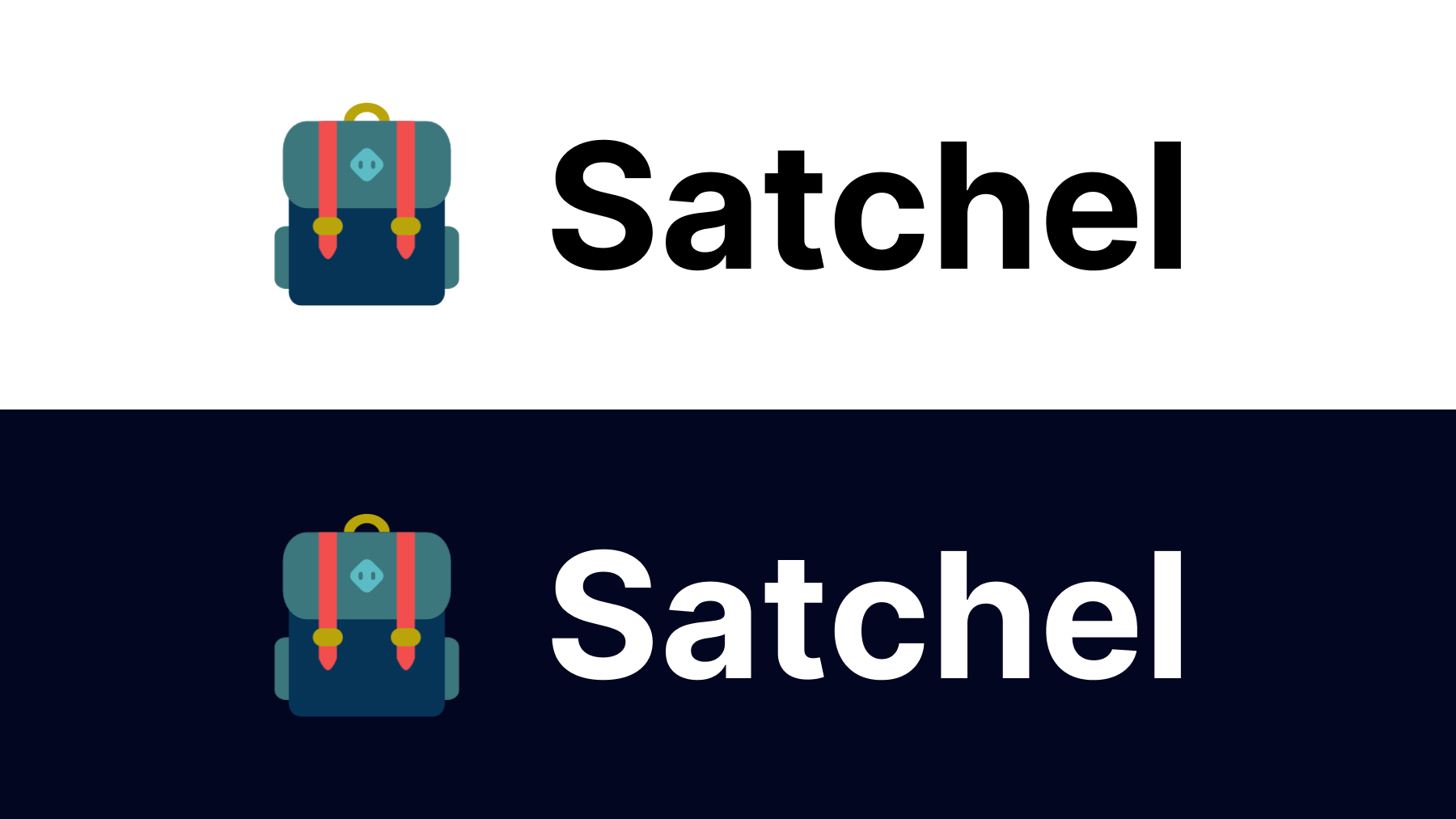· Richard Uren · Collaboration · 4 min read
Satchel Origin Story
Every general productivity app promises to solve your problems. Yet somehow, with each addition, it becomes another place for information to become trapped. Create alignment. Free up the knowledge. Move faster.

The Satchel Origin Story
In a previous life Chris and I worked at a fast paced ed-tech startup. One thing we noticed, that we kept doing over and over, was making slide decks. Product roadmap - yep, it’s a deck. Board report : deck. Researching some new tech ? (what’s out there, how does it work, could we use it?) .. you guessed it - it’s a deck. Where is the information sourced for the decks ? It comes from either Saas apps (internal / private) or web sites (public).
Soooo, want to explain to marketing how the new feature works ? Lets dig into Google Analytics, Mixpanel, Product Board, Miro, Figma and Notion .. then distill all that down with a mixture of screen shots, dark links and added presentation discussion to get the idea across. From this a few things become apparent :
- Data or information ends up disbursed around all the apps in the stack.
- Context (the meaning) is not maintained where the data is.
- Data + context builds knowledge. Knowledge distributed over time builds alignment, but without discipline decks become lost or orphaned when people move on or change roles. Then the knowledge gets lost as well.
That new product manager is totally unaware they need access to 12 different apps, or that the templates for the product pages in the board pack are in /templates/board/product/deck-v2.ppt on G-Drive.
So, taking a step back, we looked at this and broke down the moving parts into a few key areas.
Knowledge (history / context / links between apps)
- Can we know if data sources are outdated or MIA?
- Can we add context to sources to say why they’re important?
- Can we provide a ‘history’, so new members can come up to speed quickly?
Assembly (collation / editing)
- Is there a better way to collect & manage the sources of knowledge?
- Can we keep references to those sources (links, documents, images, whatever) in a structured format?
- Can we recruit people in our teams to assist in the Assembly?
Distribution (sharing / publishing / engagement)
- Can we publish this to an audience easily?
- Can we know if what we’re providing is useful or if anyone is even reading it?
- Can we see what parts are most useful?
- Can we audit all the links and docs we’ve shared?
Then we looked around for such a tool.
What did we look at ?
Traditional Data Rooms (or Virtual Data Rooms) are kind of close, but, they are crazy expensive and come with a whole bunch of M&A features not well suited to general use. Big companies don’t balk at a few thousand+ per month, but that’s way too steep for startups, plus no big business is going to hand out their M&A tool to the tech, product or marketing team.
Email everyone’s favourite punching bag. It gets a bad rap because it’s the lowest common denominator. Send out a sharing link to a Google Slide deck, or a PPT in the Dropbox. Is anyone even looking at it? Can anyone else in the org find it? Did it go into spam?
Shared Notion pages with embedded links and files can work if everyone uses Notion, if the distribution is only internal and the team size is small, but it gets very very messy at scale .. think how that looks with 100 pages shared to different audiences. It does not work great with lots of external folks either.
But, we were unable to find a what we wanted… Something startups and scaleups can use at a price point thats reasonable. So we’re building it.
Welcome to Satchel.
For startups and tech/product teams we’re improving execution by increasing alignment as the team scales and reducing knowledge loss.
More broadly for the world we are the glue that sits across silos, unlocking information and making it useful at the touch of a button.
Addendum : What are we not ?
We’re not another general productivity tool.
Look, the world is full of amazing software : Monday, Basecamp, Clickup, Notion, Asana, Coda, Quip, Loop/Sharepoint (Microsoft), the list is huge and growing. Big software sells the dream of ’Do all your work here’, or ’We are the all-in-one platform…’, but it just doesn’t hold up. There’s always a reason to leave the walled garden. Smaller more innovative players go deep on point solutions and get adopted because they’re great at what they do.
At Satchel, we’re not the silo, we’re the glue. So, by all means, hammer out those RFCs in Confluence or Google Docs, and if that information is ever shared by Satchel with folks in your team, it’ll be findable, forever.

